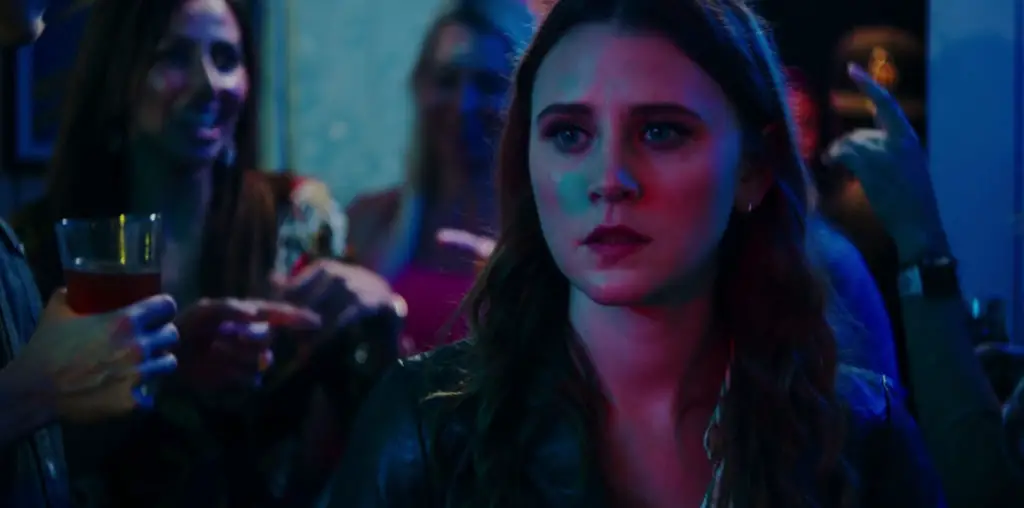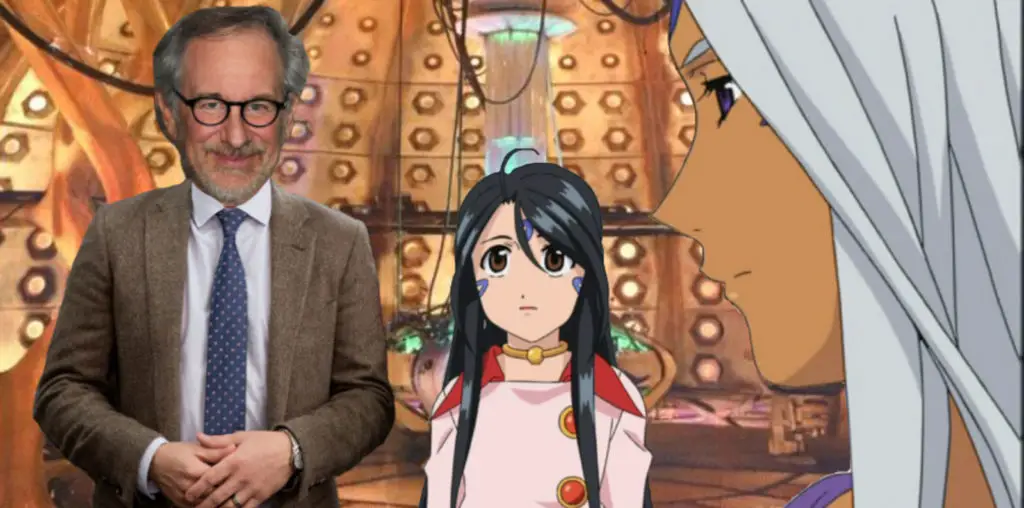
Filmmaker Julia Haslett predicates her feature-length non-fiction film on a celebrated quote by French philosopher Simone Weil (1909-1943): “Attention is the rarest and purest form of generosity.” However, this production seems to be suffering from the cinematic equivalent of attention deficit disorder.
Weil’s left-wing political activities and exhaustive output of philosophical writings (most of her canon was published after her death) share the film’s running time with Haslett’s tumultuous family history, including her painful interactions with an older brother who has a long history of depression. Although Weil’s story is compelling, many of her actions – including her fatal refusal to eat food after being diagnosed with tuberculosis – are often too cryptic to understand. Either that, or the film makes a poor case in trying to decipher her enigma. One comes away from the film with only a Wikipedia-shallow understanding of the subject and her impact on 20th century philosophy.
As for Haslett, one can easily understand the pain created by her family history – her father committed suicide when she was a teenager, and her troubled brother comes across as a genuinely sympathetic individual. But her insistence on shoehorning herself into Weil’s legacy is an example of the growing number of dilettante non-fiction filmmakers who mistakenly believe they are as interesting as the subjects they are supposed to cover. Philosophy students will not learn much here, but filmmaking students will receive an invaluable lesson in how not to make a documentary.

